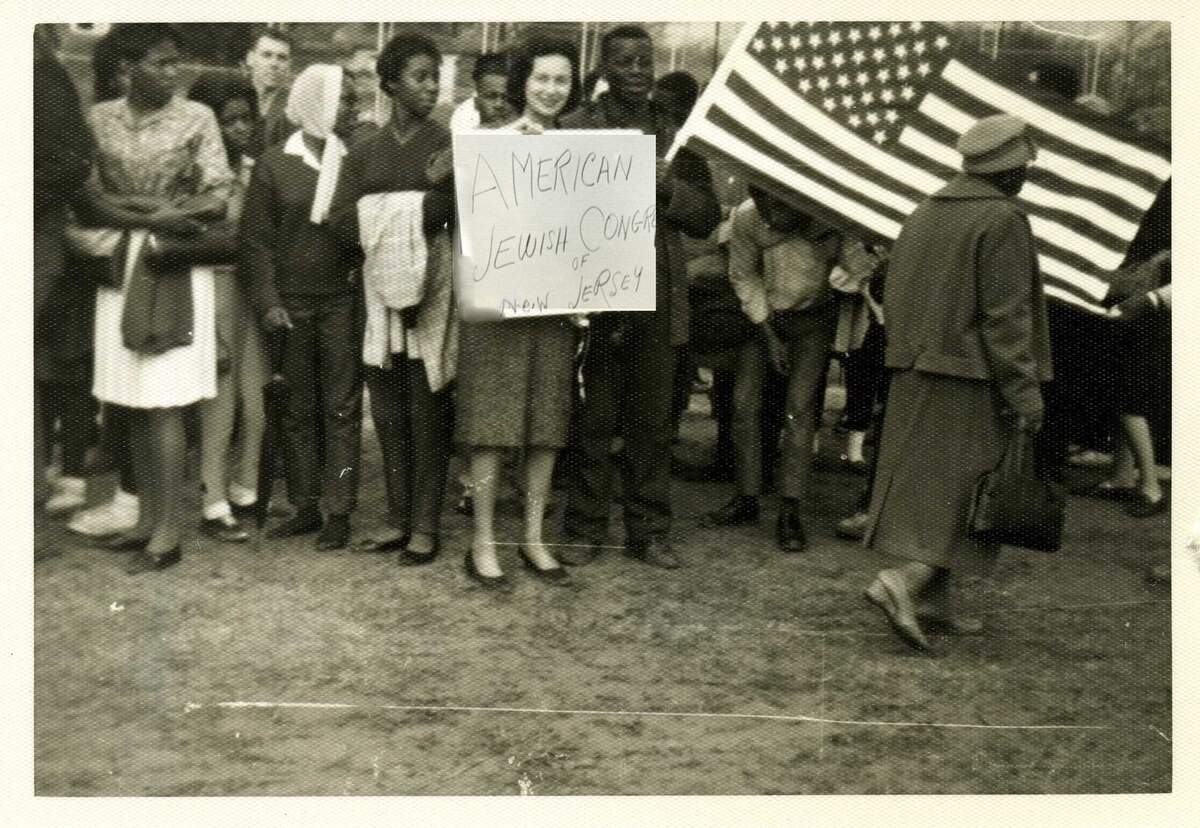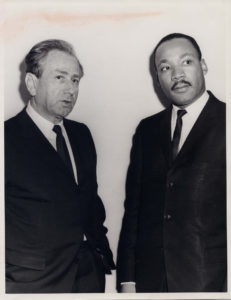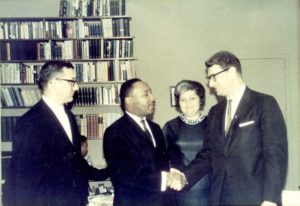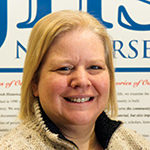
“Blacks and Jews, it has been argued, form an inter-ethnic and interracial bond which to some was encouraging, to others dangerous. They are the nation’s Seventh Sons gifted with second sight in this American world.” — Historian Clement Price, while presenting his paper, “Blacks and Jews in the City of Opportunity: Newark, NJ, 1900-1967,” to the Jewish Historical Society of Greater MetroWest in June of 1994
Respect, integrity, compassion, and love. These are the values that Dr. Martin Luther King, Jr., espoused, and that Jewish Federation of Greater MetroWest has adhered to since its inception 100 years ago. And, in fact, they are values that have been ingrained in us as a people for centuries, our core Jewish tenets of tikkun olam (repairing the world), tzedakah (charitable giving), and chesed (loving kindness toward others).
 In the era of the civil rights movement, these values were called to task. Many Jewish people connected with the cause, and the leaders of the movement embraced and welcomed this partnership. American Jews helped to create some of the most important civil rights organizations, including the NAACP and the Southern Christian Leadership Conference (SCLC). During the Civil Rights Movement, Jewish activists represented a majority of white people involved in the struggle. In fact, Jews made up half of the young people who participated in the Mississippi Freedom Summer in 1964.
In the era of the civil rights movement, these values were called to task. Many Jewish people connected with the cause, and the leaders of the movement embraced and welcomed this partnership. American Jews helped to create some of the most important civil rights organizations, including the NAACP and the Southern Christian Leadership Conference (SCLC). During the Civil Rights Movement, Jewish activists represented a majority of white people involved in the struggle. In fact, Jews made up half of the young people who participated in the Mississippi Freedom Summer in 1964.
Our local Jewish leaders and community members were no exception, including legendary activists Rabbi Israel Dresner z”l, Rabbi Joachim Prinz z”l, and Jackie Levine.
It makes sense that the sermons of the rabbis in our community resonated so much with Dr. King and vice versa. As Clement Price pointed out above, the Jewish people related to the struggles of the black community – the draconian Jim Crow south, the violence and oppression, and the economic and geographic disparities nationwide.
At the time Dr. Martin Luther King, Jr. visited our community both in 1961 at Temple Sharey Tefilo and then in 1963 at Congregation B’nai Abraham, it was clear that what was happening to blacks in America was a national disgrace and nothing was going to change unless we proactively took the steps to make change happen.
What Dr. King and his closest confidants found in Rabbis Dresner and Prinz was the commitment and willingness to stand arm in arm against the face of their enemies.
It was Rabbi Prinz who helped organize the March on Washington for Jobs and Freedom where King delivered his iconic “I Have a Dream” speech.
Rabbi Dresner was on the frontlines with Dr. King and had the honor of claiming to be “the most arrested Rabbi in the States.”
Jackie Levine led a group of representatives of the American Jewish Congress to march with Dr. King in the historic 1965 march from Selma to Montgomery. They marched to ensure that African Americans could exercise their constitutional right to vote. This mother and activist marched across Edmund Pettus Bridge to face the worst of what our society brought to try to deter the marchers.
 These and other Jewish leaders during the civil rights movement stood up to defend the core values they held dear, values they shared with Dr. King.
These and other Jewish leaders during the civil rights movement stood up to defend the core values they held dear, values they shared with Dr. King.
Dr. King’s work was continually evolving and often drew criticism as being too radical. Not only was his signature work in helping black Americans receive equal treatment, but he also helped striking sanitation workers, was outspoken about the conflict in Vietnam, and fought for minimum guaranteed income for workers. If he were alive today, Dr. King would surely have been our outspoken ally in the fight against antisemitism in our country.
Our challenge today is to continue in his footsteps by fighting against injustices towards all peoples. Our children will look upon our work as we have at Dr. King’s and all those who bravely and proudly fought alongside him. That legacy is forever within all of us.
“We are not the makers of history, we are made by history” — Dr. Martin Luther King, Jr.
For meaningful ways to celebrate MLK Day, click here.

